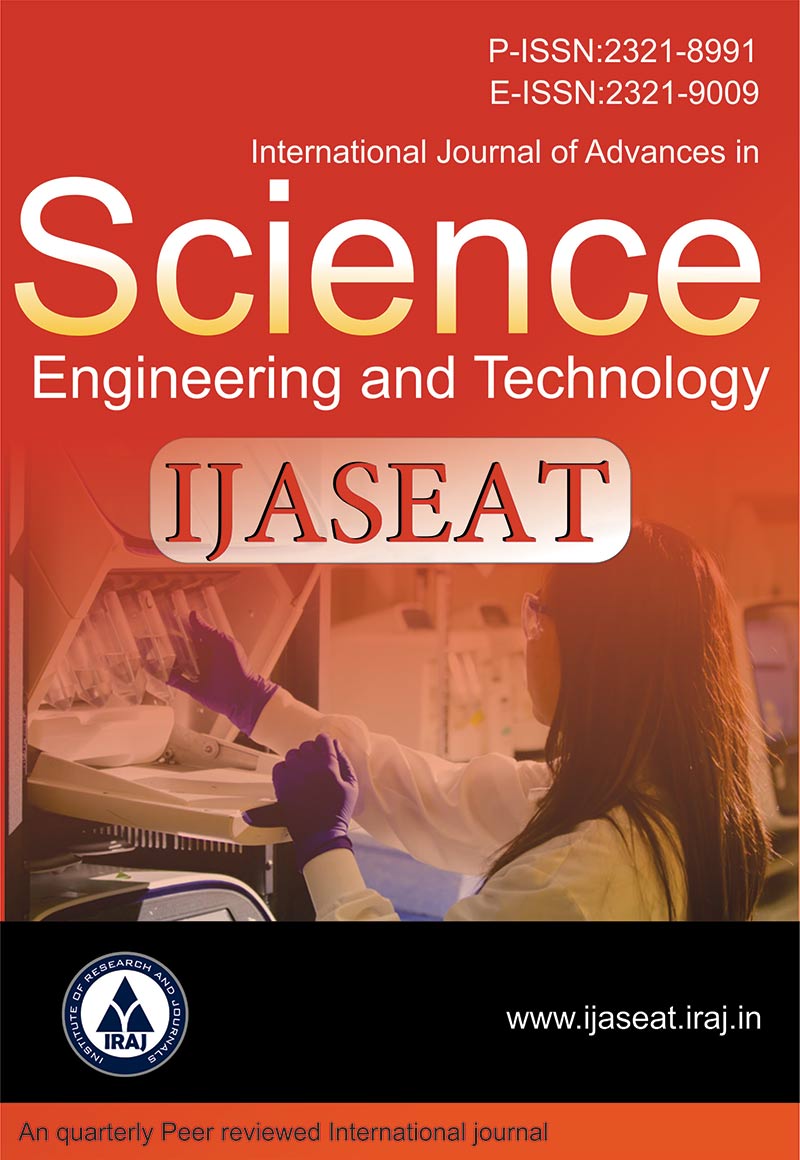Publish In |
International Journal of Advances in Science, Engineering and Technology(IJASEAT)-IJASEAT |
 Journal Home Volume Issue |
||||||||
Issue |
Volume-5,Issue-1, Spl. Iss-2 ( Feb, 2017 ) | |||||||||
Paper Title |
Theranostic Drug Delivery Platforms and Nanocomposite Polymers for Neurological and Reconstructive Surgical Applications | |||||||||
Author Name |
Aaron Tan | |||||||||
Affilition |
UCL Medical School, University College London (UCL), London, UK Biomaterials & Advanced Drug Delivery (BioADD) Laboratory, Stanford University, California, USA | |||||||||
Pages |
23-26 | |||||||||
Abstract |
The concept of nanotechnology has evolved tremendously ever since Richard Feynman put forward the idea in his lecture, There’s Plenty of Room at the Bottom, in 1959. For instance, the scanning tunnelling microscope, and the discovery of fullerenes and graphene are materials and tools that hinge upon the very foundation of nanotechnology. We have developed a platform technology that utilises the concept of nanotechnology for applications in neurological and surgical applications. Our group at University College London and Stanford University have developed a family of nanoparticles that are able to function as both diagnostic and therapeutic (theranostic) agents. This proprietary technology allows the delivery of chemotherapeutic agents for the treatment of cancer, and also siRNA for gene therapy. Due to their small size, these nanoparticles also have the ability to penetrate the blood-brain-barrier, allowing for effective neoadjuvant and adjuvant treatment of brain tumours. As these nanoparticles are biocompatible and haemocompatible, we have also modified its chemistry to suit a different application – surgical implants. The resulting nanocomposite polymer can function as conduits for nerve regeneration. Furthermore, its unique bottom-up self-assembly characteristic allows for the incorporation of various growth factors and peptides to enhance neuronal cell regeneration. Taken together, our nanotechnology platform harbours the potential to function as novel theranostic agents in neurological and reconstructive surgery. Keywords: Nanotechnology; Regenerative medicine; Theranostics; Neurosurgery; Plastic surgery | |||||||||
| View Paper | ||||||||||